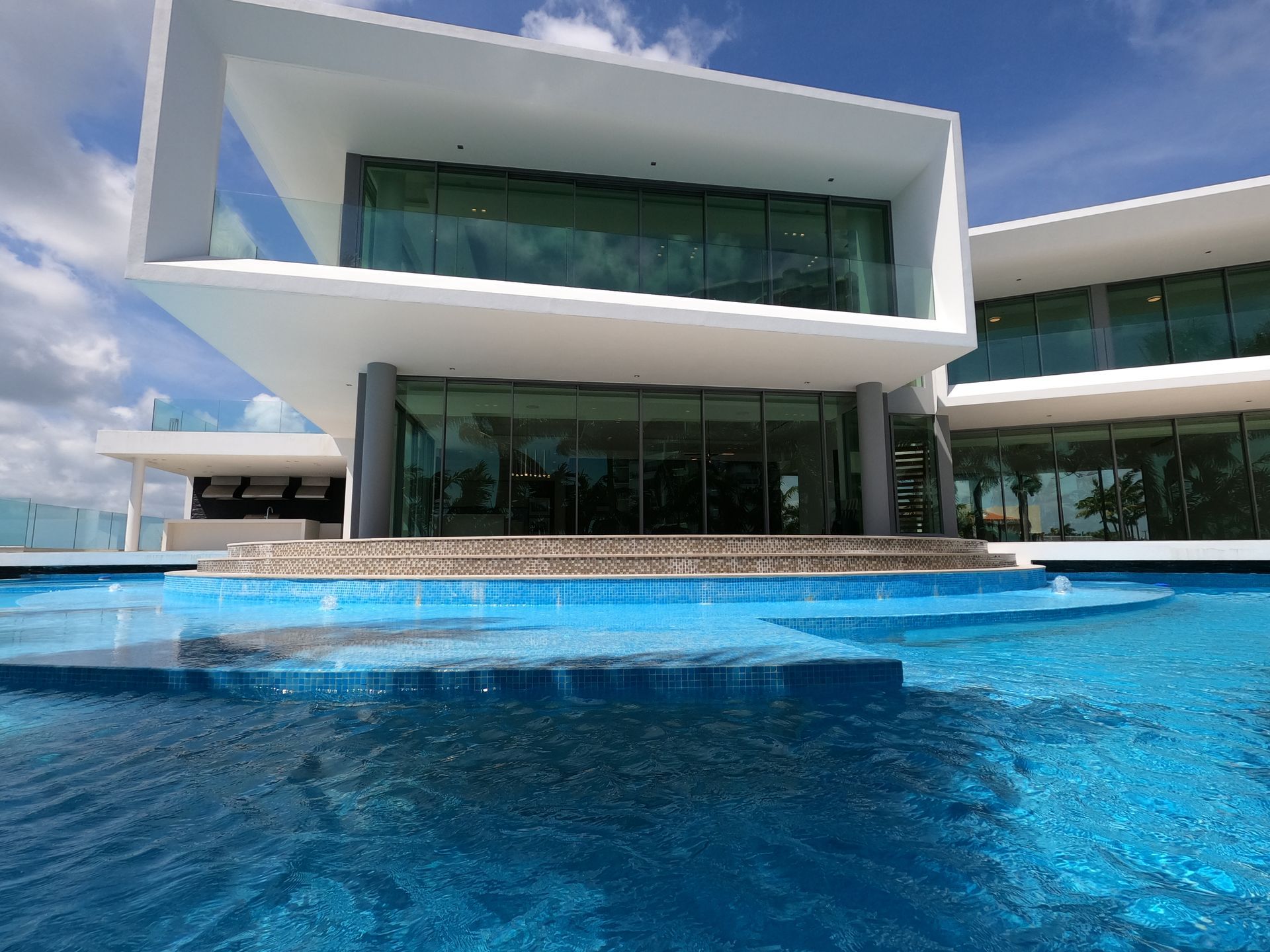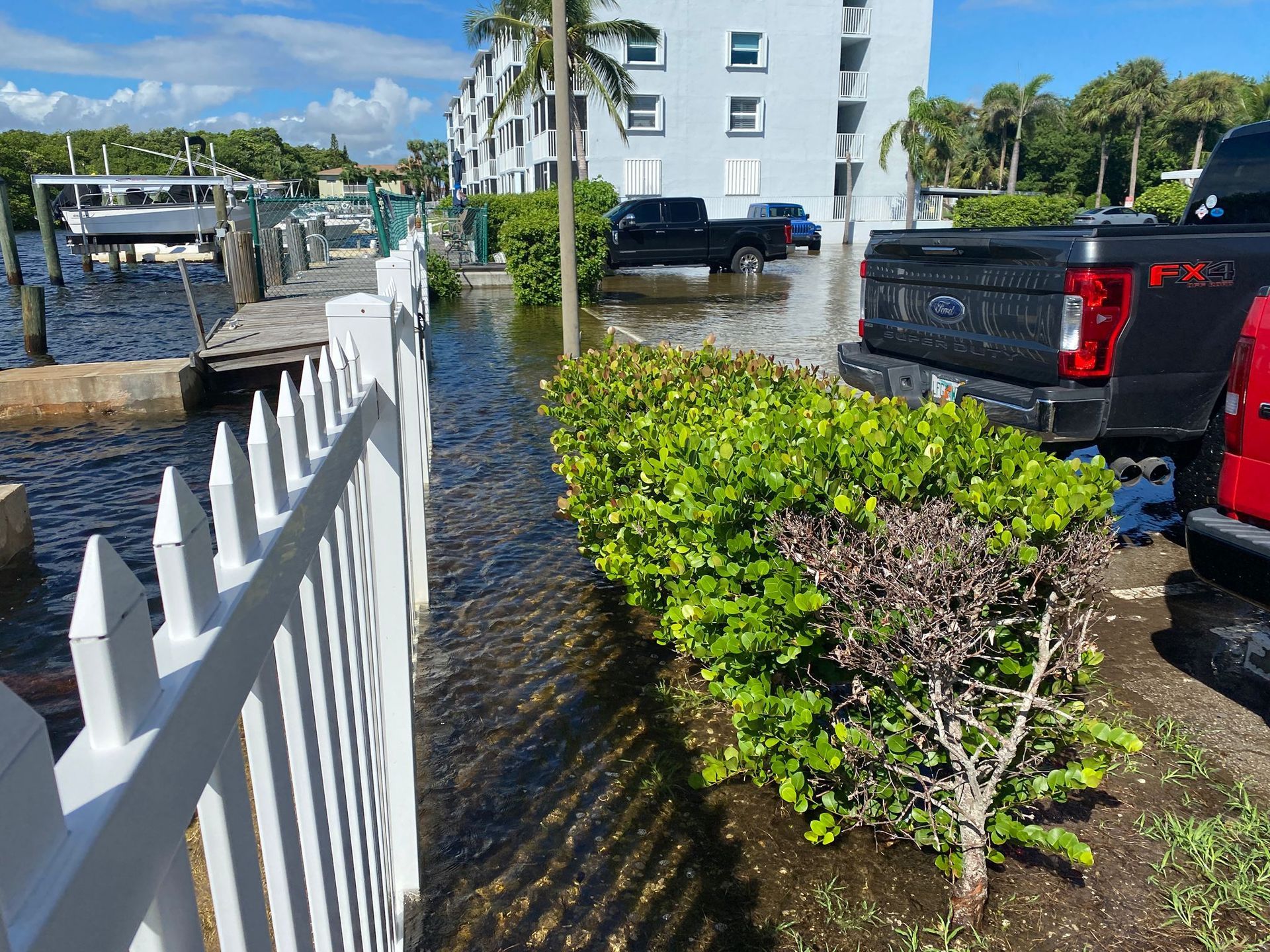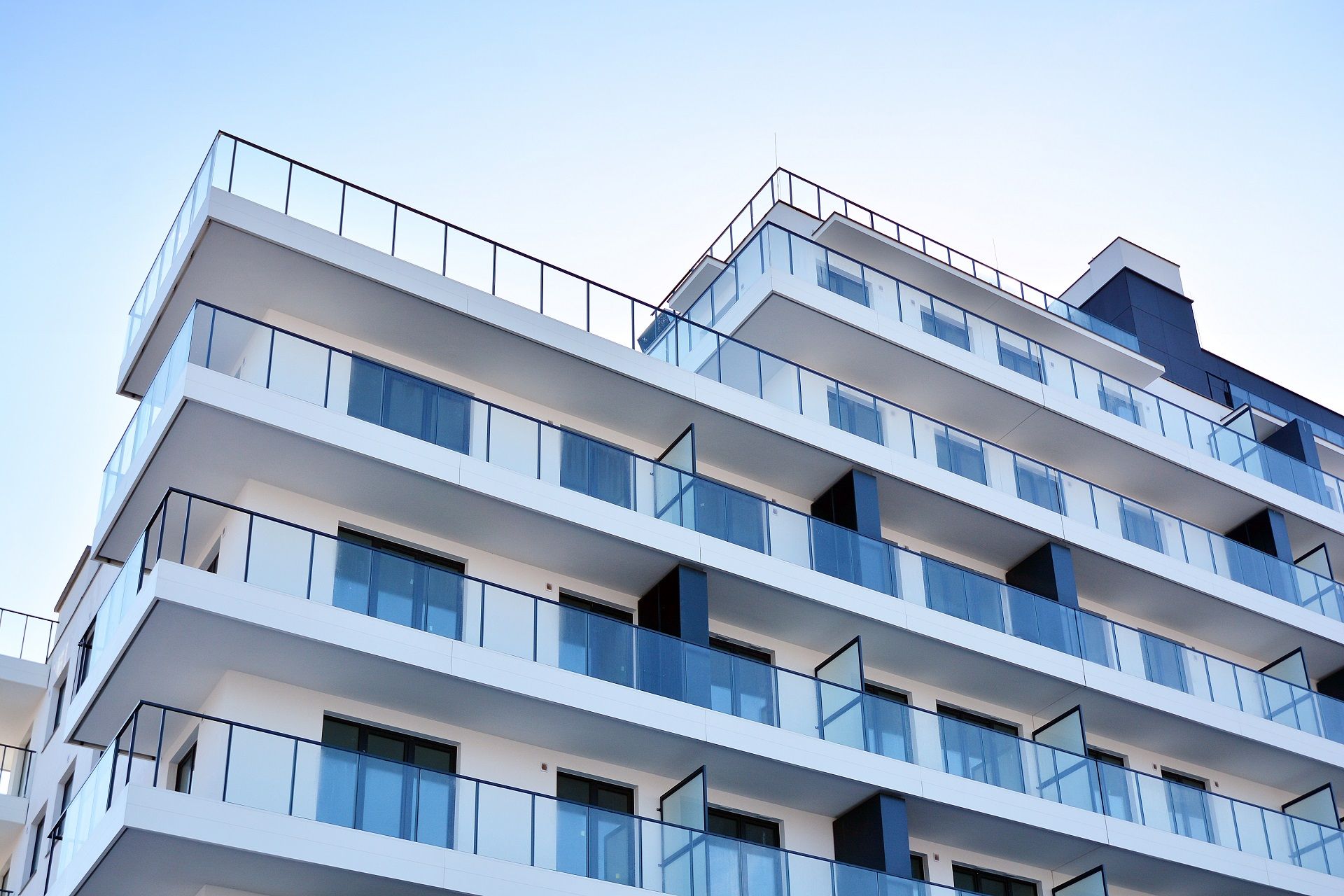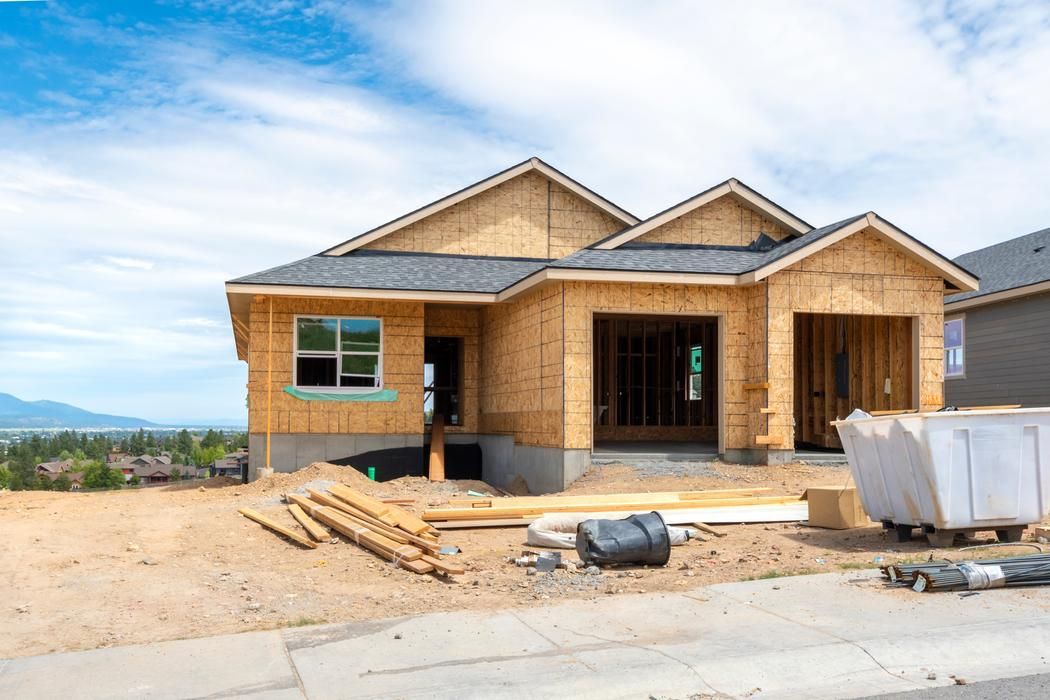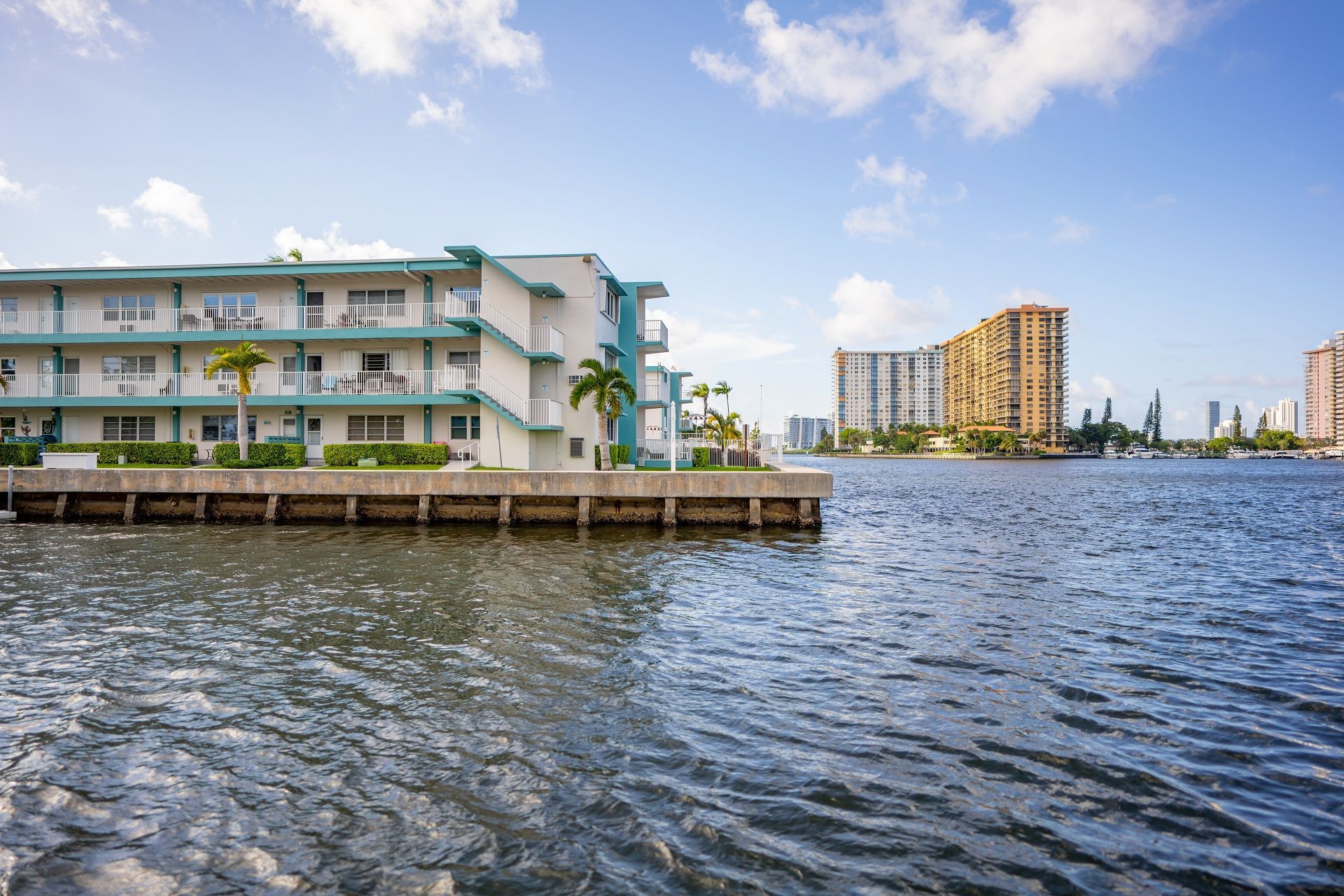Tips To Prepare For A Luxury Home Inspection
The luxury home you’re looking at may look stunning on the surface, but deep inside, it can be chock-full of flaws, from minor cosmetic stuff to severe structural defects. This is the main reason why luxury home inspections are an absolute must when buying an expensive piece of property.
While it’s true that inspecting a luxury home will take longer and cost more, the price and time spent are well worth it as luxurious properties usually require more attention.
Let’s see exactly what luxury home inspections entail, why they’re important, and what are some of the things you can do to prepare for a successful check.
What Are Luxury Home Inspections And What Do They Cover?
Think of a luxury home inspection as a regular home inspection dialed up to 11. The process is more extensive and typically covers every square foot of the home to find any possible defects in the functionality or construction of the home.
Every examination will be slightly different depending on the features, size, and amenities of the home, but you can always expect the following aspects to be covered:
- Drain and water supply lines
- Construction quality
- HVAC systems
- Presence of pests
- Electric systems
- Garages, balconies, and patios
- Wall construction
- Foundation
- Storage facilities
- Vehicle drive port
- Roof
- Home cinema, bars, game rooms, pools, spas
- Lawns
- Guest rooms
- Fire sprinkler system
- Security system
Apart from checking for the negative aspects of the property, the inspector will also outline any positive sides. This means you’ll get a sort-of pros and cons list that you, a potential buyer, can use to make an informed purchase and be sure you’re getting your money’s worth.
Why Should You Schedule An Inspection?
Just because it’s a luxury home doesn’t automatically mean it can’t turn into a money dump. In fact, it’s even more common than you might think as these things happen all the time. Many people have moved into their fancy homes thinking it was a steal and suddenly discovered numerous issues like incorrect wiring, bathroom leaks, etc.
Since maintenance costs for luxury homes are sometimes quite excessive, getting yourself in this situation can quickly create a significant dent in your wallet.
You can pretty much avoid this by scheduling a luxury home inspection with an experienced inspector.
It’s also worth noting that the same applies to new structures. Its market value may be high and it may look grand on the surface, but the home in question may simply be poorly built and hiding different kinds of structural faults that make it a bad investment.
How To Choose The Right Inspector?
It goes without saying that the quality of the inspection you receive is in direct correlation with the experience of the inspector. This is why we recommend going for someone who has all the credentials related to luxury homes and their specific amenities.
A regular home inspection won’t do, unfortunately, as the inspector without experience dealing with luxury homes will probably be overwhelmed by the size and complexity of the home. For instance, most residential properties have about three electrical panels with up to 40 circuits. A luxury home can have over 20 panels alone and more than 200 circuits.
This is also reflected in the price: standard home inspections cost around $300 while luxury home inspections tend to cost around triple the amount. It may seem disproportionate, but keep in mind that the price is well worth it considering you could lose tens of thousands of dollars if you have to address a defect you end up overlooking during the purchase.
Should You Be Present During The Inspection?
Since the best time to schedule an inspection is before closing the deal on the property, it doesn’t hurt to be there while the inspectors do their job. This allows you to ask them questions and ensures the easiest transfer of information.
So even though you’ll get a detailed report in a few days, you've got nothing to lose by attending the inspection.
How To Prepare For Luxury Home Inspections?
The entire purchasing process is stressful, so you should do your due diligence while preparing to attend the inspection.
Here are some of the things you should do beforehand:
1. Do your research on the property
A lot of research can be done online. For instance, property assessment data is available in most municipalities. You can also use Google to check the ad valorem assessment (market value) of the property.
For information on the physical characteristics, use a website like
Zillow. This provides you with key data such as the date of construction, number of parking spaces, high-quality photos, etc.
2. Interview the owner
You can learn a lot by asking the owner key questions.
We recommend inquiring about how long they owned the property and if they have made any noteworthy changes and renovations during their tenure. Owners are best familiar with their property so you should ask them what features they would personally like to see implemented if they wanted to raise the market value.
Ask them about any technology implemented into the home and most importantly, about the name of the architect.
3. Compare the luxury home to similar properties
Once more, you can use Zillow and similar sites to find how the property you’re looking at stacks up against other luxury homes in the area.
4. Notify the owner about the inspection
Give the owner a heads-up about the inspection and the time it will take place. Let them know what will be covered and remind them about the areas they need to make accessible for the inspector. It also doesn’t hurt to inform them the inspector will take photographs of the entire property.
Are You Looking For An Inspector Specializing In Luxury Properties?
Luxury home inspections are the only way to protect your investment and make certain you don’t end up losing money on the property. While they can be costly, they’re worth the investment and can serve as a good argument to make the owner adjust the price to account for any of the problems discovered during the examination.
If you don’t know who to hire, your best bet is to go with
Certified Inspectors. During our 25 years in
real estate construction and planning, we amassed a lot of experience with luxury homes and have all the certifications (including a Certified Master Inspector® certification) required to back up our claims.
Schedule an inspection now and start making informed property decisions.
Disclaimer: The information on this website and blog is for general informational purposes only and is not professional advice. We make no guarantees of accuracy or completeness. We disclaim all liability for errors, omissions, or reliance on this content. Always consult a qualified professional for specific guidance.
Share the post:

